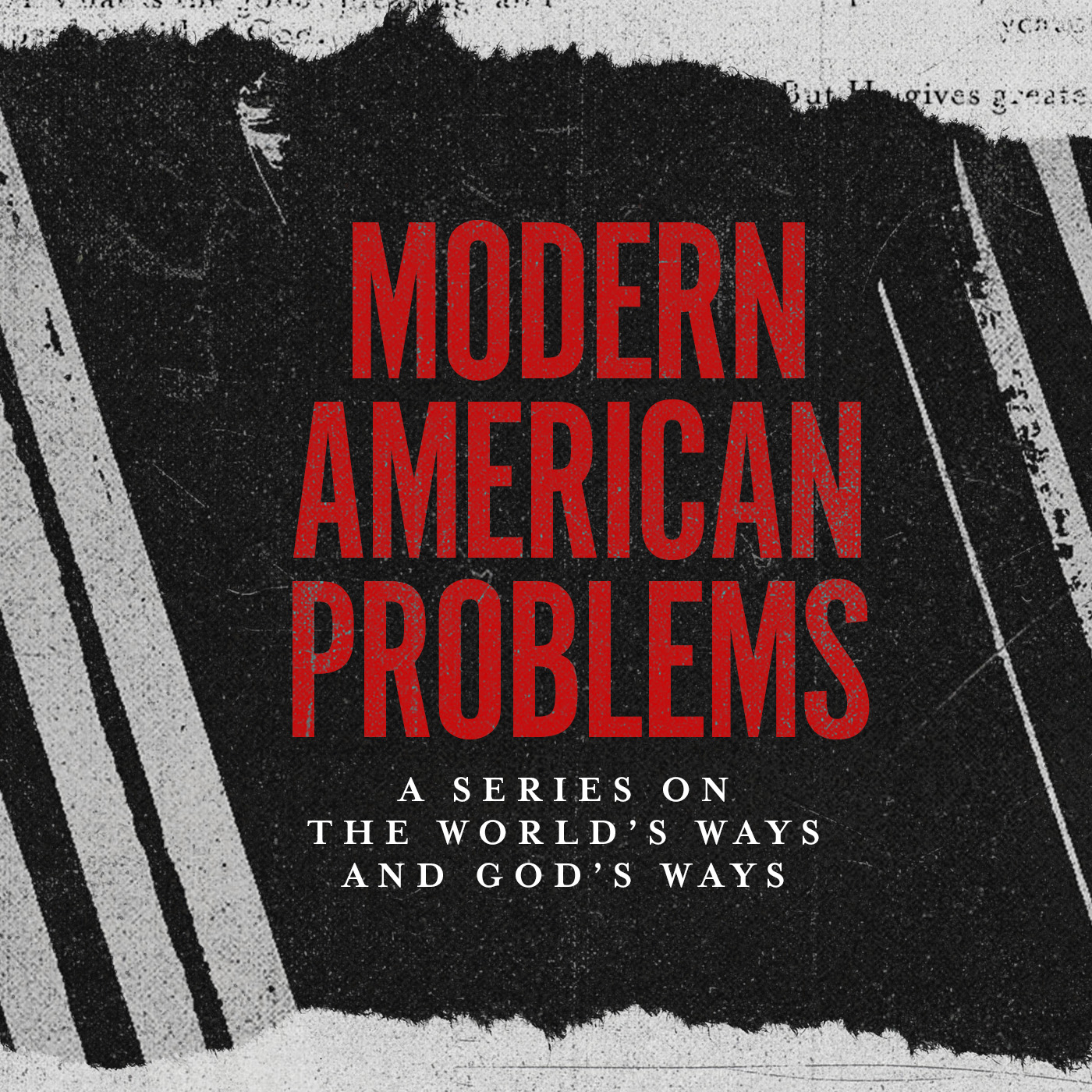Good News Church is approaching its 14th anniversary, and one thing that has been interesting to me over these past 14 years has been pastoring a church that has an informal membership policy.
If you don’t know what that means, six years ago I explained it in
this article.
Anyway, whenever I check what my tribe within Christianity (evangelical, reformed, non-denominational/baptist) says about this, I pretty much come across the same thing every few months.
At least once or twice a year, someone I respect will post an article defending the necessity of formal church membership. This is the kind of membership where people not only love one another, submit to leaders, and practice church discipline (like Good News Church does) but in addition to that they have their people take a required class, sign a form/take an oath, and get their name added to a list on some computer in the church office.
Here’s the
latest one I’ve come across, and it’s by two authors that I respect.
But it seems to me the mistake they make is the same one I see every time this is addressed. Notice this section:
Sometimes people like to say, “I don’t need to join a church. I already belong to Christ’s universal church.” (The universal church is what theologians call the entire body of Christ throughout the world and throughout all history.) Is that right? Can we forget about the local church since we all become members of the universal church upon conversion?
The short answer is no.
I want to draw your attention to something that, it seems to me, always happens when this topic is discussed. The pro-church membership person brings up the common objection: “I already belong to Christ’s universal church” (which is correct) and then they jump to what they imagine is the only alternative: that we will “forget about the local church.”
Read that paragraph one more time. In three sentences they went from the position “I don’t need to join a church” to “we can forget about the local church.”
I’m sure some people do that. And I would agree with the authors of this article that that is wrong. But not all Christians (who aren’t formal members of a church) do that. What do we do with all the people who are a part of Good News Church? They haven’t jumped through the ecclesiastical requirements that these authors believe Christians are obligated to do. But they haven’t forgotten the local church, either. They are there and serve every week.
Here’s another sentence where you can see the authors assume that if you are not a formal member of a church, the only alternative is not being a part of a church at all:
Perhaps, like us, you’ve had friends who tried to live out their Christianity apart from a church, and little by little their faith shriveled, sometimes disappeared entirely.
Well, yes, I have seen that. And I agree that it is tragic. In fact, I’ve preached whole sermons on the importance of “staying a Christian” by remaining in fellowship with a local church. I completely agree with them on the problem.
However, it’s usually not formal membership (classes, oaths, having a name on a list) that prevents this tragedy from happening, but rather it’s usually informal membership (actually knowing your brothers and sisters and being committed to them) that prevents this from happening.
Why don’t any of these pro-formal-church-membership advocates ever consider that informal membership is an alternative to formal membership, rather than simply assuming that the only other option is the complete withdrawal from Christian community?
Later on in their article they admit something interesting:
No, the term “church membership” isn’t used in the Bible like we use it today. But the practice is implied nearly every time the word church is used in the New Testament, as when Luke says, “Earnest prayer for him was made to God by the church” (Acts 12:5), or Paul writes to “the churches of Galatia” (Gal. 1:2). Though they didn’t use all the tools we might use today, such as membership classes, membership packets, and names listed on a computer spreadsheet, they knew who they were—name by name.
Right! So why can’t we still do it that way? If the churches of Galatia didn’t use “membership classes, membership packets and names listed on a computer spreadsheet” why is it wrong for us to not use those things now? That’s the question I’ve never seen answered by the people pushing for formal membership.
This article admits that the important part is that “they knew who they were – name by name.” Agreed. So, why isn’t that still enough in 2025? Because that is how most of the people of Good News interact (particularly the ones in community groups); they are committed to real people by name. If that kind of informal membership was acceptable in the first century, when did it become wrong? When did the classes, vows, and lists become essential to being a good Christian?
And so it’s now been 14 years, and I still haven’t heard a convincing argument for why a church cannot maintain an informal membership policy, based on people actually knowing, caring for, and submitting to one another.
Whenever the question, “Is joining a church as a member actually necessary” (note: that’s the title of the linked
article) the answer usually is something like: “Yes, it is necessary. Because without church, Christians will not be who God has called them to be.”
And my response is: “You’ve made a great argument for church involvement. And I agree. Now answer the question that was posed.”

